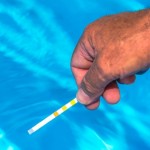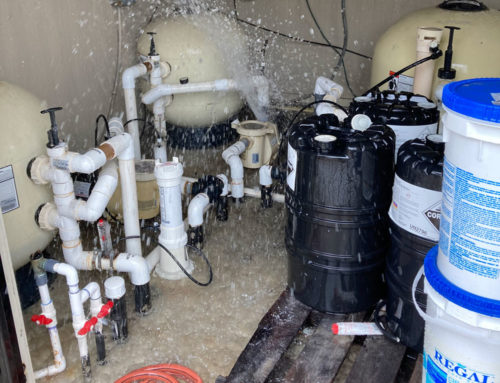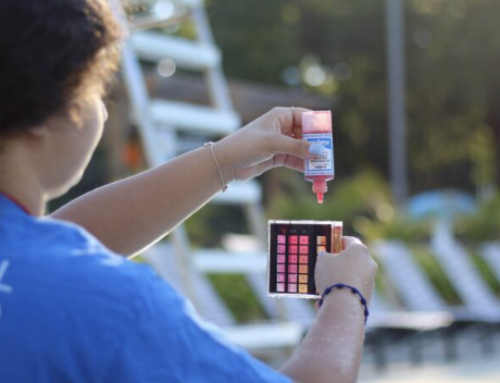Pool chemicals have to be handled by trained and certified pool maintenance specialists. There are many hazards associated with these materials, many of which can result in bodily harm.
The Occupational Safety & Health Administration and the U.S. Environmental Protection Agency stress the importance of exercising caution when working with chemicals as potent as the ones used in pools. Additionally, technicians should always wear the proper safety gear. Risks associated with chemical handling include coming into contact with the materials and the splash that can result from adding the chemicals to the water.
Never let your guard down
Even experienced maintenance specialists can run into problems. Aquatics International magazine covered one such incident at a YMCA, where an aquatics director who had years of experience filled a transfer bucket with granular chlorine and watched as the bottom of the bucket glowed red and emitted smoke. He wisely decided against throwing it into the pool because he realized that the bottom could give out and dump its contents on him. In the end, they discovered that another staff member had used the bucket for algaecide, and that a chemical reaction had occurred because the bucket hadn’t been properly washed out.
Proper handling of pool chemicals doesn’t fall on a single person – it applies to everyone who’s certified to use them. Accidents can occur as a result of improper cleaning or mixing at any point. In some cases, such as the one in Aquatics International, the potential dangers may affect someone else, underscoring the importance of communication.
Here are two safety measures to keep in mind when handling pool chemicals.
1. Chemical reactivity: You may know who handled any of the chemical vessels before you, but you might not know what they used. Therefore, you should always wash out the buckets prior to adding any chemicals. The facility can also create a chemical log so that everybody knows whether a chemical reaction might occur if the vessels aren’t washed out beforehand.
2. Chemical wetting: With the right balance, pool chemicals can be added to water safely. However, the EPA pointed out that toxic gas can emit if there’s too little water. Therefore, proper storage of pool chemicals and ensuring that transfer buckets are completely dry before adding any materials is essential.
Review emergency protocols with the entire staff regularly to ensure that everyone knows what to do if an accident does occur.






